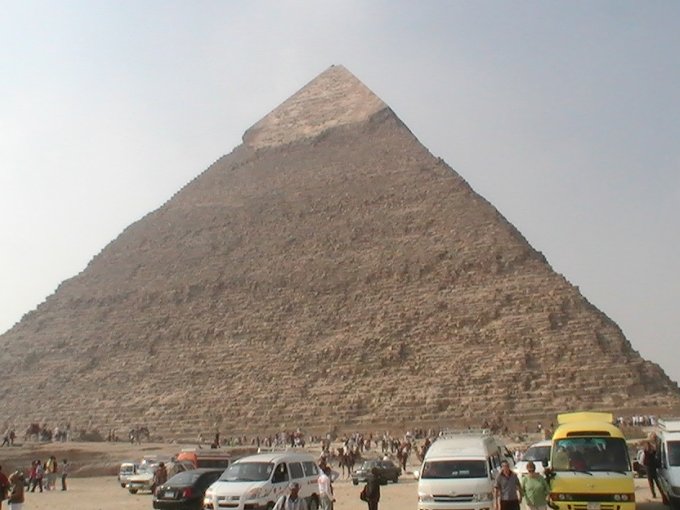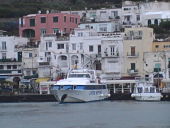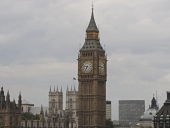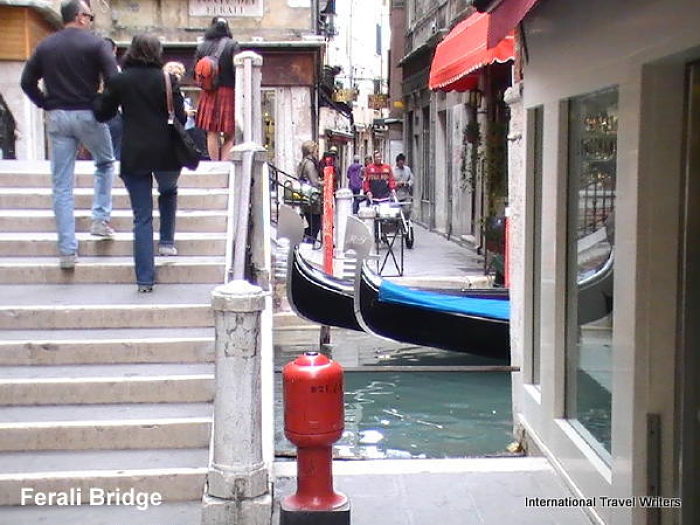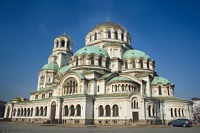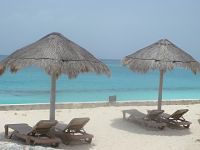Life on the Road - Residency Visa and Income Requirements
(By T.W. Anderson)

For the vast majority of road warriors who are interested primarily in simply traveling the world and visiting different countries, a passport stay is generally sufficient. That is, most countries around the world permit you to enter their country and stay without applying for a visa.
A caveat for this is that you are always on limited time. If you happen to hail from Western country, this can range anywhere from a single month all the way up to six months, although the average is around 90 days. If you happen to come from non-Western country, it largely depends on the relations your country has with the rest of the world.
Unfortunately, religious and political issues that relate to your government and have absolutely no bearing on who you are as an individual can nevertheless impede your travels to some degree. But what about those of you who want to take your life on the road and actually pursue the immersion travel route?
Immersion travel is also known as slow travel, and to put it simply it is basically living in another country on a long-term basis. Rather than skim reading the destination, you actually take the time to read from the front cover to the back cover; every paragraph, every sentence, and every word on every page. But in order to stay in a country beyond the initial 90 days or six months or one month, you have to meet residency visa and income requirements, for permission to stay for a long-term duration.
The only way to obtain a residency visa, apart from investing hundreds of thousands of dollars in the local economy or being a celebrity or government official, is to apply for one at the consulate that governs the country you are looking to live in. Bear in mind that student visas can also give you residency, but for the sake of people who want to professionally travel we are generally talking about freelance visas as well as pensioner visas.
At their very basic level, there is no discernible difference between a freelance visa and a pensioner visa since they both require around the same amount of money to acquire. As a general rule this is between $2,000 and $3,000 per month of income coming into your bank account. Different countries have different requirements, however, and it is your responsibility to check with the relevant consulate and embassy to determine what visa and income requirements you will actually need.
In most cases you will have
to provide at least 12 months’ worth of statements proving that you have a
dedicated income source. This can be a brokerage account, a bank account, or
even PayPal statements. I’ve even used receipts from hotels who have comped us
hospitality in exchange for publicity, and used the average price of the room
we were given multiplied against the number of days we stayed, along with any
food that was included, as proof of income.

Every country has different requirements. Some governments dictate that pensioners have to have a minimum bank account balance over the course of an entire year, rather than a monthly income coming in, and they need to be able to show that their pension is from an official source; that is, the same source over many months of time, along with the proof of employment that goes along with the pension to show that it is real.
Freelancers often have an easier time of applying for visas, because all you have to do is prove that you have financial stability and bring in enough income according to the requirements of that particular government. As previously mentioned, you can use a wide variety of income sources to provide proof; all they want to know is that you can provide for yourself financially and won’t to be a burden on the country while you are living there.
I will admit this, however; not every country will simply accept your proof of income on the first go. Sometimes they will want to have an interview with you to go over the various income sources so that you can explain them to staff that may or may not understand what it means to bring in income from the Internet. Bear in mind that there are still quite a few countries which are still developing in terms of technology and while those of us who hail from Western nations are intimately familiar with PayPal and digital transactions, they are not commonplace in every single country around the world.

Providing proof of income for a residency visa is all about one thing: paperwork and an actual paper trail (or digital trail) that shows proof of income from actual sources. There are some ways around this (which I talk about in The Expat Guidebook) that require some outside the box thinking, but as a general rule if you plan on living in a different country as opposed to simply visiting, you are going to have to get over your aversion to sharing personal information, because governments will not accept word-of-mouth. They want actual proof of income before giving you permission to stay in the country.
While you can also do visa runs (hopping across various borders once your passport stay is up and then coming back to get another passport stay) in some countries, obtaining a residency visa carries along with it a number of other benefits apart from simply being able to stay in the country for a longer period of time. Not the least of which is the ability to open up a foreign bank account, as well as have the opportunity to stay around long enough to build working relationships and obtain the local consulting and freelancing gigs that we talked about in episode seven.
That’s it for this week. If you have any questions, ask them in the comments below, and stay tuned for next week’s episode where will be talking about some of the downsides of long-term travel and how you can avoid them.
T.W. Anderson has been traveling the world full-time since January of 2008. He is the author of books which detail how to build a blog, brand and income and travel the world without a budget. His website is Marginal Boundaries.com
Related Articles......
Return from Visa and Income Requirements to International Travel Homepage
Having trouble finding what you need? International Travel Writers Index and Map
OR
Do you have a travel experience or story to share? Share your travels here!
By Carolynne Woods, © Copyright 2010-2020. International Travel Writers.com All rights reserved images and text








